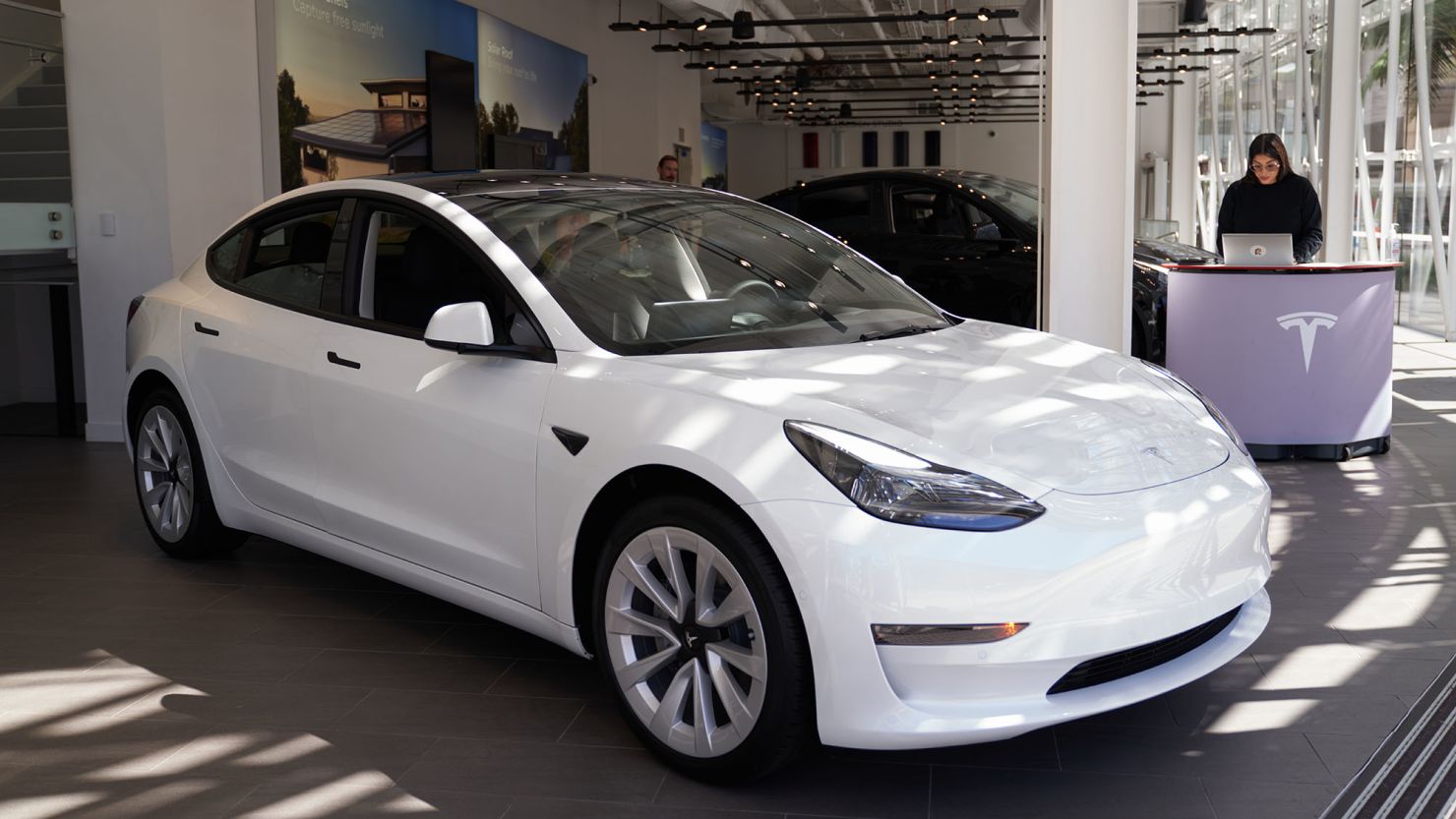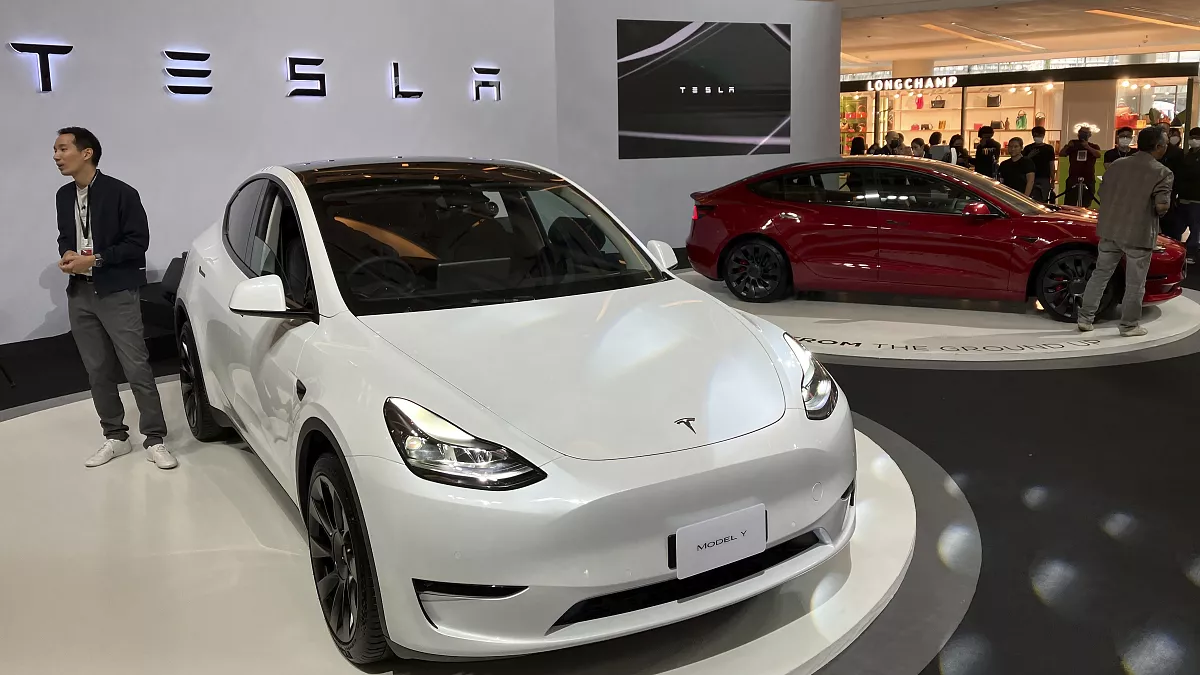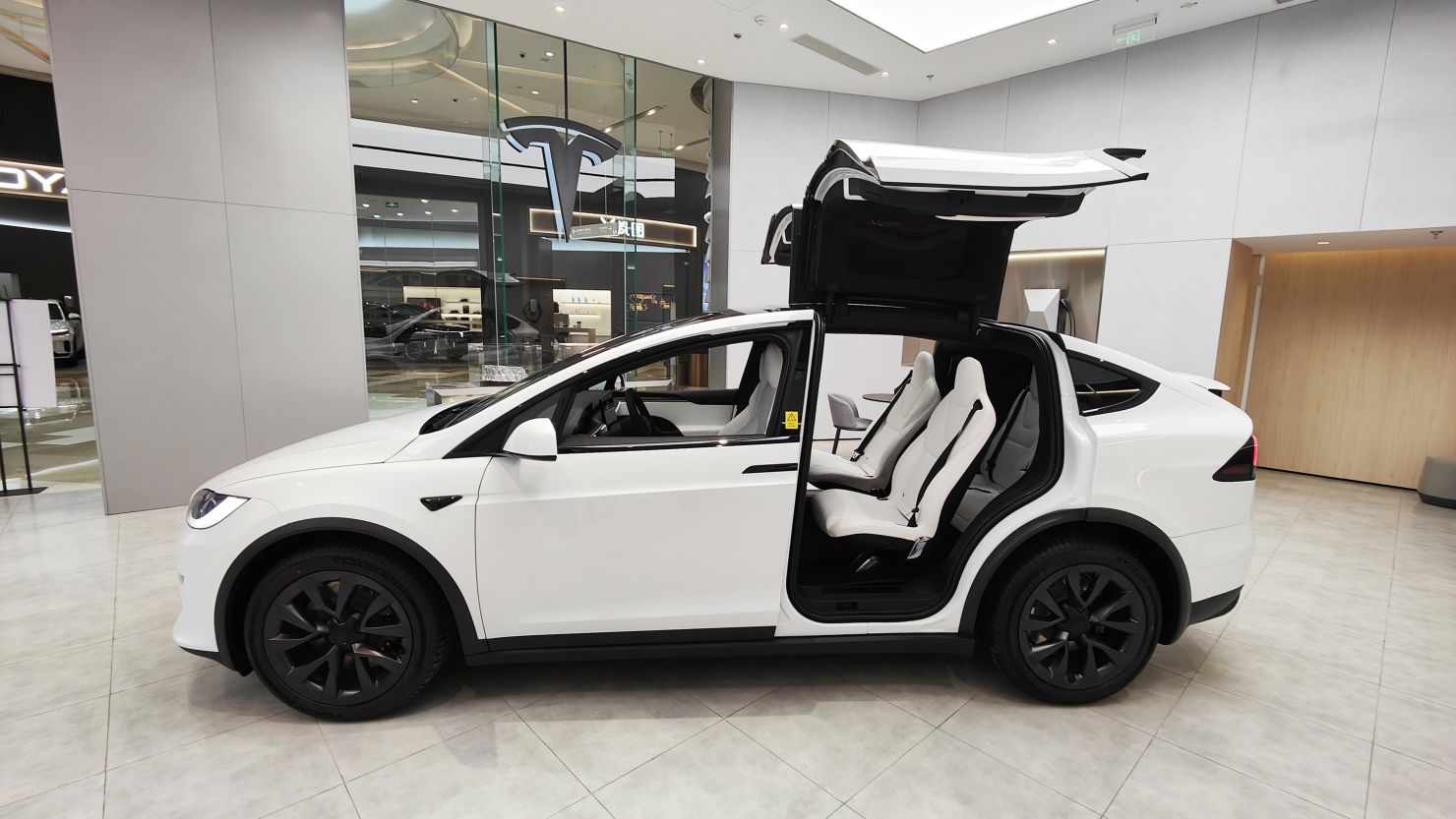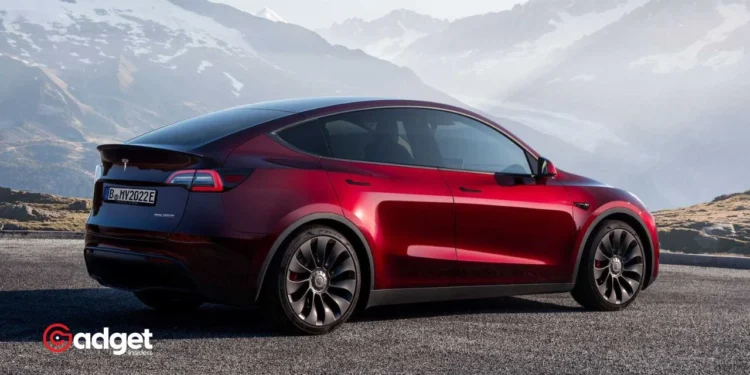In a bold move that underscores the rapidly evolving electric vehicle (EV) charging market, British Petroleum (BP) has announced plans to significantly expand its EV charging infrastructure across the United States. This strategic decision follows the recent news from Tesla regarding the disbandment of its dedicated EV charging team.
As the electric vehicle industry continues to grow, BP’s aggressive expansion could reshape the competitive landscape.

BP: A Timely Expansion Strategy
The decision by Tesla to lay off the team responsible for its Supercharger network, while still planning to grow the network albeit at a slower pace, has opened a window of opportunity for competitors.
Tesla’s CEO, Elon Musk, confirmed the change in strategy which involves a slowed expansion in new locations, despite ongoing commitments to the network.
Seizing the moment, the company is now looking to aggressively acquire real estate to scale its network across key U.S. regions including the Northeast, the Sun Belt, the West Coast, and the Great Lakes area.
“We are aggressively looking to acquire real estate to scale our network, which is a heightened focus following the recent Tesla announcement,” a company’s spokesperson stated.

Boosting Infrastructure and Market Competition
BP’s planned expansion is not just about spreading geographically but also enhancing the technology behind its services. The company has committed to a significant investment of $1 billion by 2030 for the development of EV charging stations across the U.S.
Moreover, BP made headlines last October with a $100 million order for Tesla’s fast chargers, indicating a robust approach to bolstering its charging capabilities.
The 250-kilowatt BP Pulse-branded chargers, notable for their compatibility with both Tesla’s North American Charging Standard (NACS) and the Combined Charging System (CCS) connectors, are set to cater to a broader range of EVs from various automakers.
This versatility could prove pivotal as more automakers adopt Tesla’s NACS, positioning Tesla’s technology closer to an industry standard, potentially at the expense of CCS.
Implications for the EV Charging Market
Tesla’s restructuring could potentially benefit other players in the EV charging sector, such as EVgo and ChargePoint, by providing them with opportunities to increase their market share. BP’s expansion could intensify the competition further, encouraging widespread adoption and infrastructure development.
BP looks to expand EV charging unit in US after Tesla disbands Supercharger team https://t.co/9mygViyksw pic.twitter.com/kI11okrj0f
— Reuters Tech News (@ReutersTech) May 9, 2024
Challenges Ahead
Despite the optimistic expansion, BP faces its own set of challenges. The company had recently scaled back its workforce in the electric vehicle charging business by over ten percent and withdrew from several markets. This recalibration followed a less-than-anticipated growth in commercial EV fleets.

Looking Forward
As the dynamics of the EV charging market continue to shift, BP’s aggressive strategy in the wake of Tesla’s operational pivot points to a more competitive and diverse market landscape.
With significant investments and strategic placements, BP is not just adapting but aiming to set the pace in the burgeoning EV infrastructure race in the United States.
As industry leaders adjust their strategies in response to market developments and technological advancements, the race to dominate the U.S. EV charging market is heating up, setting the stage for a fascinating phase of growth and innovation.









